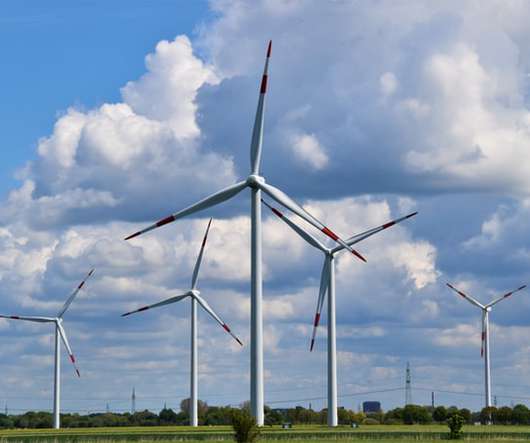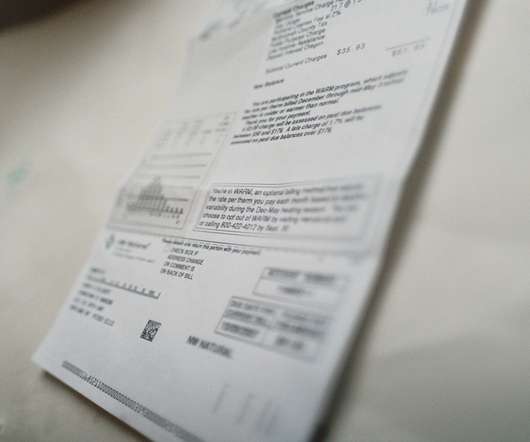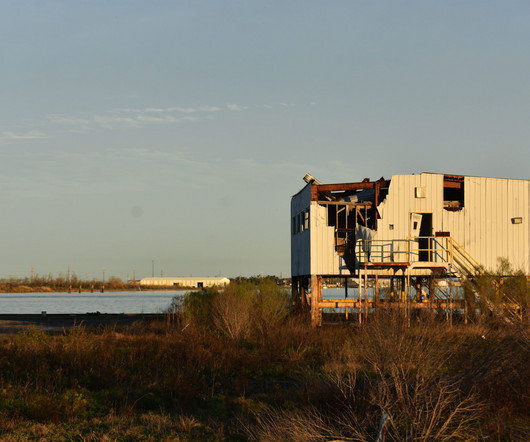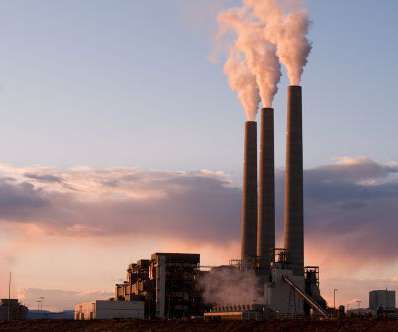A decidedly impartial review of Mark Jacobson’s 100% Clean, Renewable Energy and Storage for Everything
Renewable Energy World
APRIL 22, 2021
When you’ve followed the evolving research of a leading clean energy expert and become a supporter of his vision for a global clean energy transition, it should come as no surprise that I was eager to crack open Mark Jacobson’s 2021 book release, 100% Clean, Renewable Energy and Storage for Everything. Jacobson’s Early Story.
















Let's personalize your content